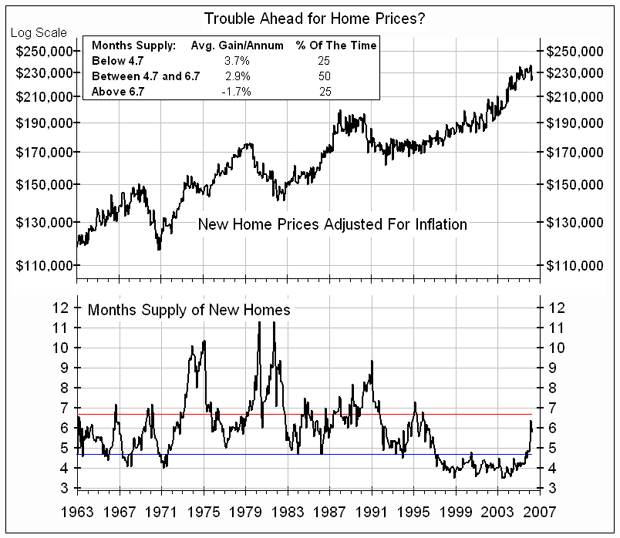| Home | About Us | Resources | Archive | Free Reports | Market Window |
I Know This Is Low-hanging FruitBy
Saturday, June 24, 2006
When we had begun the journey through Africa nine months before, I had been exceedingly optimistic.
On my previous trip in 1990-1991, I had discovered a continent poised for change. People were beginning to acknowledge that the old socialist ways no longer worked. Leaders understood that excessive government control stymied growth. Africa had begun to turn the heads of foreign investors. Ten years later, I returned hoping to find new and revitalized countries on the track toward prosperity. Alas I was disappointed. The Africa I had discovered on this leg of the journey still had a very long way to go. Certain countries among the thirty-two we visited – Tanzania, Ethiopia, Mauritania – were making some right moves, privatizing industry, loosening bureaucracy, and getting rid of the crooks who had run their economies into the ground. Many other countries, however, had taken steps backward. I had expected to be seduced by investment opportunities in places such as Kenya, Uganda, and Mozambique. There I found only corruption and petty, but violent, disputes, motivated by greed and the lust for power. I had hoped to find the perennial conflicts winding down, but they were worse and more senseless these days in places such as Western Sahara, Nigeria, both Congos, Angola, Zimbabwe, Uganda, Sudan, and Ivory Coast. The new generation of leaders in whom I had placed such faith proved to be as hopeless as the old. In Angola a formerly ideological war had been exposed for what it was, a naked grab for power between rebels who controlled the country’s diamonds and a government that controlled its oil, a bunch of thugs on both sides killing anything that moved. As I write this, the Angolan madness seems to have ended with the death of the guerilla Jonas Savimbi. If so, it presents one of the world’s great opportunities. One of the best ways to get rich is to get thee to a nation just as a horrible war ends. Angola is gorgeous and lush. It was the largest African producer of coffee before the war. It now imports coffee and much of its food, as the war destroyed most agriculture. The opportunities for tourism, fishing, mining, and infrastructure are everywhere. Still not sold? Angola will soon be Africa’s largest producer of oil – larger than Nigeria, Libya or Gabon. Its diamond production will be among the world’s largest. There are only twelve million Angolans, so there will be plenty to go around no matter how much the liberators steal. I have seen so many success stories following wars that I know this is low-hanging fruit. Good investing, Jim Rogers Editor's Note: Jim Rogers has been described as the Indiana Jones of finance. He’s been around the world on a motorcycle. He’s founded a hedge fund with George Soros, he’s taught finance at Columbia University's business school and he’s written three classic books on investing. He lives in New York City with his wife, Paige Parker, and their daughter, who is learning Chinese and owns commodities but doesn't own stocks or bonds. Market NotesCRUNCHING THE HOUSING NUMBERS "Housing market is cooling," says USA Today. "The housing bubble has popped," says MSN Money. "Prepare for a real estate crash," warns Fool.com.
When supply of new homes, measured in months, fell below 4.7, new home prices returned 3.7% per year before inflation. But when supply of new homes exceeded 6.7%, new home prices fell 1.7% per year before inflation. |
Recent Articles
|


